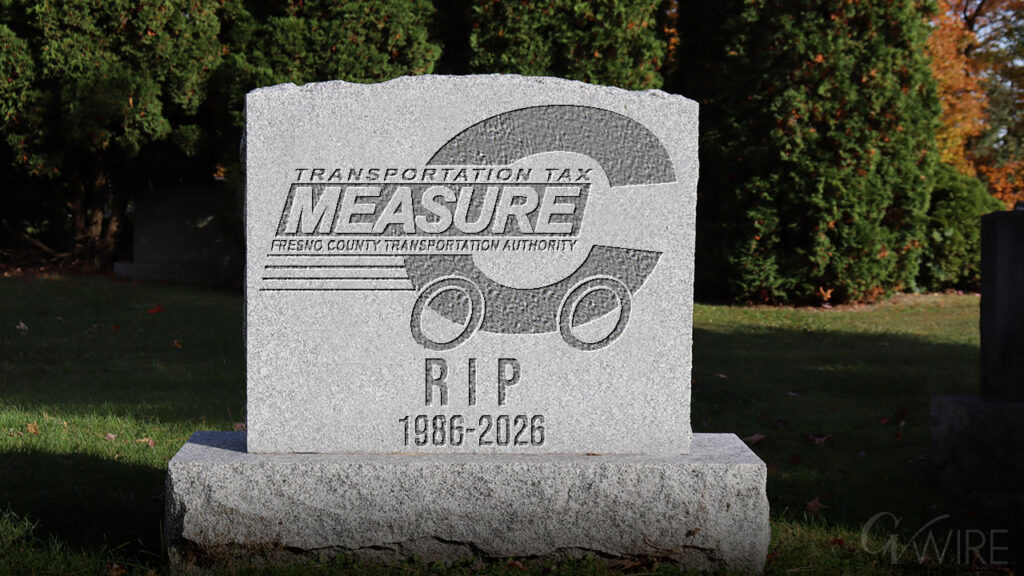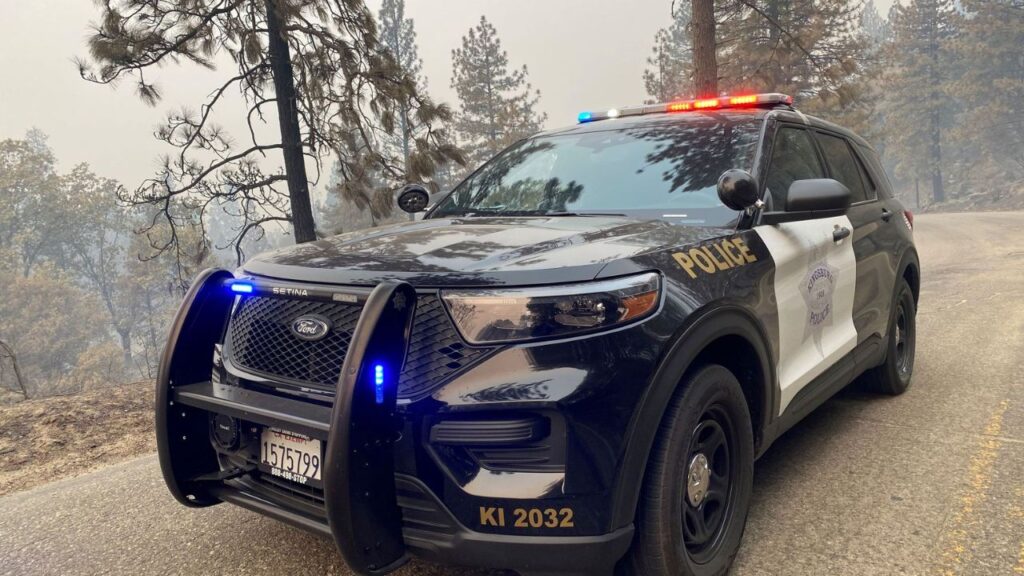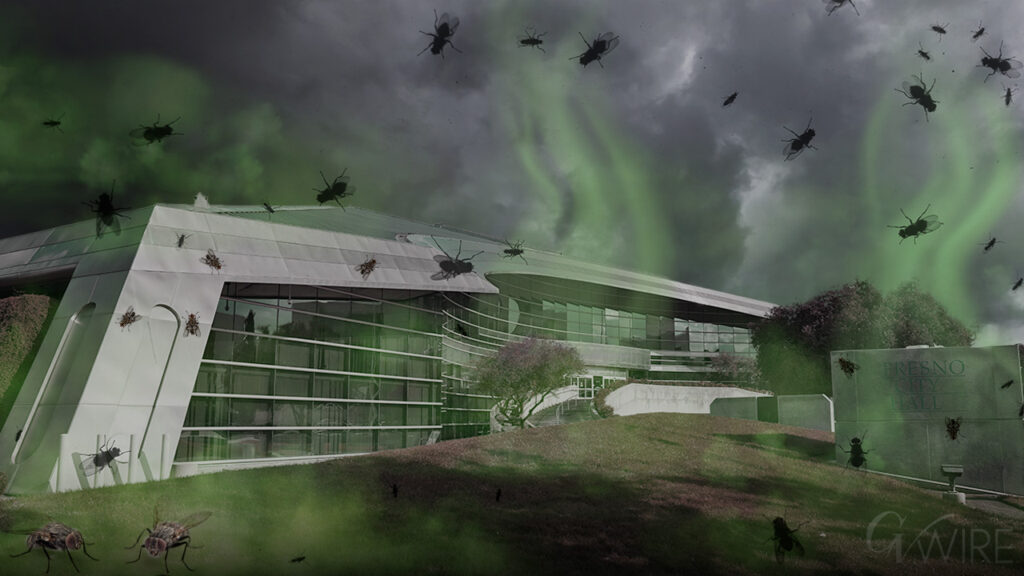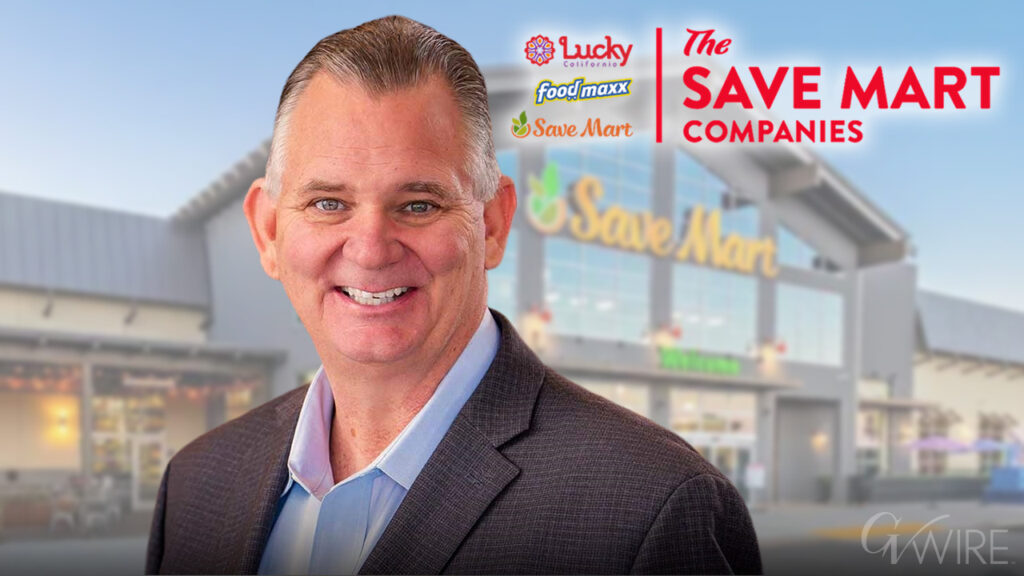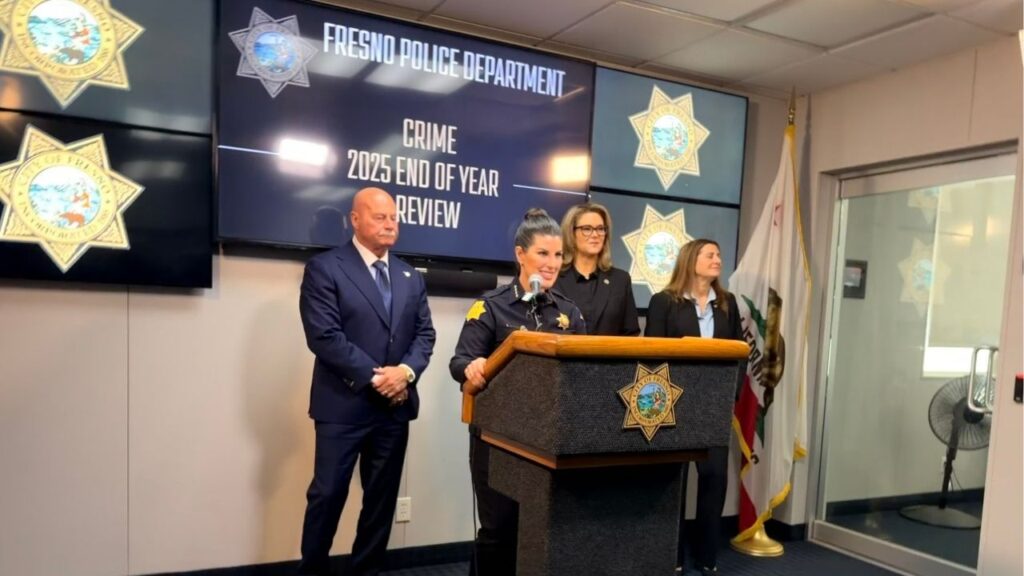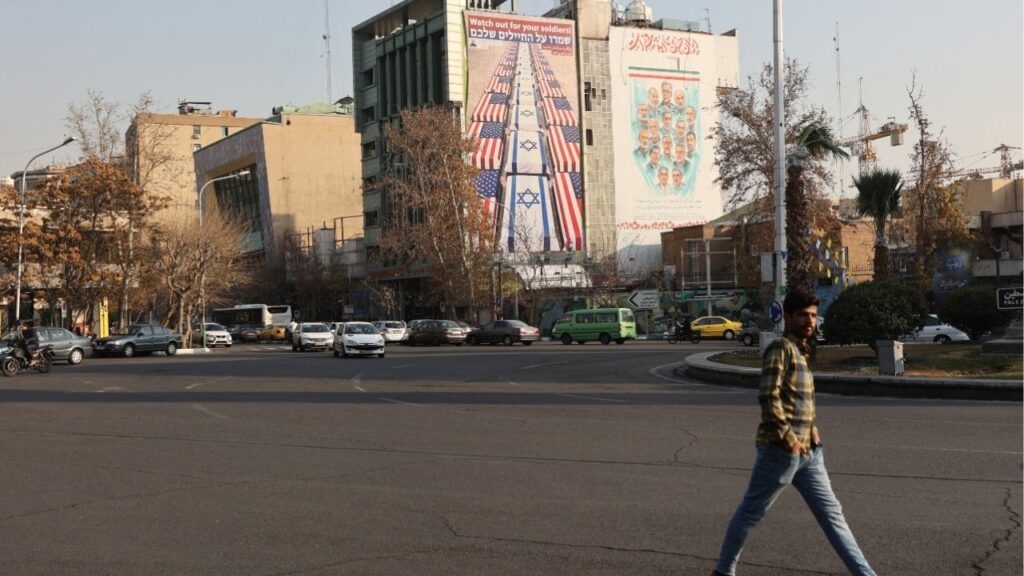Share
Don’t call them janitors, cleaning crew members, or sanitation workers. They are environmental services technicians, or EVS for short.
They often find themselves right in the epicenter of where COVID-19 cases are raging.
As GV Wire℠ discovered while getting a sense of who these people are, many do their jobs out of a sense of duty.
Trying to use the words ‘unsung heroes’ to describe these individuals doesn’t do justice to what they are doing every single day. Many of them have worked 6 day work weeks for months with no vacation.
“I think we will make it if we all work together,” says Blanca Arrellano, an EVS technician with Saint Agnes Medical Center.
Arrellano’s stance was echoed from the halls of St. Agnes, the corridors of CRMC, the ICU at Adventist Hanford, and under the florescent lights of Kaweah Delta Medical Center.
GV Wire℠ wanted to get a sense of who the people are that don’t usually get upon called for interviews. Several of our interviewees were very shy about going on camera or on the record.
Some have been vaccinated. Others not. One was an employee of the year.
Another just wants the community to wear masks so she can go home to her family safely each day.
EVS Technicians

“Everybody is scared of COVID-19 and we basically have to be around it like 8 hours of the day.” – Erica Aviles, EVS technician at CRMC
An online job description for an EVS technician says they are usually hired by hospitals where cleaning is a constant challenge. They are responsible for the overall cleanliness and sanitization of all areas within the hospital.
There are three aspects of working as an environmental services technician:
• Cleaning and maintenance
• Equipment operation
• Customer services
“Every time I tell someone at home what I do, it’s just really shocking to them,” says Erica Aviles, EVS technician at CRMC. “Everybody is scared of COVID-19 and we basically have to be around it like 8 hours of the day. So, it’s pretty scary but you have to be really strong minded to be able to work around it and work here.”
Clean Everything ‘Like My House’

“I do my rooms, I clean everything like (it is) my house.” – Maria Castro, EVS technician at Adventist Health Hanford
Maria Castro is an EVS technician at Adventist Health Hanford. She’s been there for 16 years where she works as a housekeeper most of the time. She says she puts patients first.
“I do my rooms, I clean everything like (it is) my house,” says Castro. “The reason I do it is because you have to do right. I have a disabled husband. I to do this for my husband and family.”
She describes her daily attire which includes, goggles, a special mask, a gown, booties, and anything else she can find to keep herself safe. “I have to take care of me, too,” says Castro.
She says her team of colleagues is always willing to step up and help in every way imaginable.
“I have excellent techs. Sometimes I’m so busy … and some of my techs by name, Derrick, Marcus and Maria will grab a mop sometimes and clean the hallways so I have time to go to the room and clean for COVID. Chairs, tables, anything the COVID is around,” says Castro. “It makes it safer for everybody. For me, for children, for everybody.”
Castro says she was fortunate enough to have gotten a COVID-19 vaccination last week. “This vaccine will save lives,” she says.
‘I’m Happy To Be Here’

“For me, I say to tell everybody it’s important to use your mask all of the time.” – Maria Valdovinos, EVS technician at Adventist Health Hanford
“I’m happy to be here,” says Maria Valdovinos, another EVS technician at Adventist Health Hanford. “For me, I say to tell everybody it’s important to use your mask all of the time.”
She says she uses her PPE all of the time along with her own mask. Her job is to make sure all of the patients’ rooms are completely sanitized. She also makes sure employee work areas are completely sanitized too.
“The employees’ area is very important to me,” says Valdovinos.
‘I Was Kind of Nervous’

“I was kind of nervous like, ‘oh my God I work in the COVID-19 unit.” – Teresa Armenta, EVS technician at Adventist Health Hanford
Teresa Armenta is another EVS technician at Adventist Health Hanford, and a colleague of both Castro and Valdovinos.
She goes to work wearing an N95 mask, with another mask over that in addition to her face shield. She puts her hair up into a hair net, puts her gown along with her gloves.
“I was kind of nervous like, ‘oh my God I work in the COVID-19 unit,” said Armenta. “Now it’s still stressful coming in but I know that I love my job and I love doing what I do. I feel good that I can come in and be able to help people and know that they’re coming in to a safe and clean room.”
She and her team goes into a patient’s room to sanitize absolutely everything a patient touches.
Her family does worry about her. “I let them know that there’s nothing to worry about because I’m protected here,” says Armenta.
When she gets back home, she takes all of her hospital work clothing off. “I don’t take anything in. I take a shower and I let them (my family) know that we are safe as long as we’re washing our hands, wearing our masks, sanitizing, social distancing, we’re fine,” says Armenta.
She received the COVID-19 vaccine recently because of her work in the unit directly working with coronavirus patients. “I feel like it’s going to help me,” said Armenta.
‘I Try To Sterilize Everything’

“It’s kind of scary but someone has to do it.” – Elsa Salas de Villa, EVS tech at Saint Agnes Medical Center
Elsa Salas de Villa works as an EVS tech at Saint Agnes Medical Center.
“I try to sterilize everything that has been touched by anybody,” says de Villa. “It’s kind of scary but someone has to do it.”
She works on the floor that has many of the hospital’s COVID-19 patients. “You don’t want to be here,” she says to the general public after she’s seen the effects of the virus firsthand. “Protect yourself, protect everybody you love.”
She’s even told her own family the holidays have to be socially distanced for a reason. “Because I love them, and because they love me. We have to take care of each other,” says de Villa.
Without getting into specifics about what she has to see in the ICU unit, she gives an idea. “It’s sad. You don’t want to be there. You don’t want to see your family member there,” said de Villa.
She tells her family, “Next year we’ll be together. Not right now.”
Putting Herself in a Patient’s Position

“My bosses have told me, let’s pretend that a family member’s going to be in that room on that bed, and I said no let’s pretend Blanca’s going to be on that bed.” – Blanca Arrellano, EVS technician at St. Agnes
Blanca Arrellano, is an EVS technician at St. Agnes that works on floor ‘5 Main’. She says she and her co-workers are nervous and scared, but they’re doing the best they can to support one another.
She says she recently turned the tables on her own managers.
“My bosses have told me, let’s pretend that a family member’s going to be in that room on that bed, and I said no let’s pretend Blanca’s going to be on that bed,” says Arrelano referring to herself in the third person. “I can then visualize then I’m going to touch this, I’m going to hold this. I’m going to make sure I’m going to wipe the stuff that I’m going to be touching if I was a patient so I’m going to be sure that I’m going to do this for the patients themselves.”
Arrellano remembers when the crisis first hit the hospital everyone was having to learn as they went. The first time she had to clean a room that didn’t even have any beds took over an hour. “Because we’re EVS, we have to make sure to hit everything possible,” said Arrellano.
“I’m not a doctor, I’m not a nurse, but I see the numbers going up,” explains Arrellano. “I have to remind them (my colleagues) that we can’t get comfortable. You have to keep following the guidelines.”
Arrellano says during the times when the hospital doesn’t allow patient visitors she’s tried again to put herself in their position. “Don’t worry, you thought you weren’t going to have a visitor, I’m your family today,” said Arrellano.
Restocking Isolation Gowns

“I will go in and restock the isolation gowns for the nurses that we will be using for that day.” – Lubetti Rios, EVS at Kaweah Delta Medical Center
“I will go in and restock the isolation gowns for the nurses that we will be using for that day,” says Kaweah Delta Medical Center EVS tech Lubetti Rios. “It runs about 4,500 to 5,000 gowns that we go through a day.”
Rios says she handles the gowns for the COVID ward, urgent care and other units of the hospital.
Her workday starts at 6 a.m. As for days off?
“We’ve been working straight through because we’ve been so short,” says Rios. She’s worked six days during many weeks because of the workload.
She’s getting tested for COVID-19 every week, which is a relief to her family. “So my family feels safe with me being around them,” explains Rios.
She hasn’t yet received the vaccine. She’s still not sure where she falls on the list.
The Ground Level

“I have a wife and two kids and they worry about me.” – Jesus Castro Beltran, EVS Floor Tech at Kaweah Delta Medical Center
EVS floor tech Jesus Castro Beltran takes his job very seriously because his job deals with one of the dirtiest surfaces in the entire hospital.
He’s so humble, he didn’t even mention that he was the EVS employee of the year for Kaweah Delta Medical Center in 2019.
“I dedicate myself to stripping and waxing floors and making them look good,” says Beltran. “The floors are one of the worst places, because everybody drags everything on them.”
Because of the staffing challenges, he’s spent the last two weeks also helping with laundry.
“I have a wife and two kids and they worry about me,” he says. “I feel a lot safer going going to the hospital knowing exactly what’s there and where it’s at than actually going out in the streets and not knowing anything.”
Although he hasn’t been tested regularly like some others in the hospital, he did receive a COVID-19 vaccination.
He wants people to know that even though EVS techs work behind the scenes, they are as close to COVID patients as nurses and doctors are. “I have gone into into the rooms with the patient inside being on the on the respiratory machines,” explains Beltran.
He says, “We are all in it together, even though we’re behind the scenes.”
[activecampaign form=25]RELATED TOPICS:
Categories
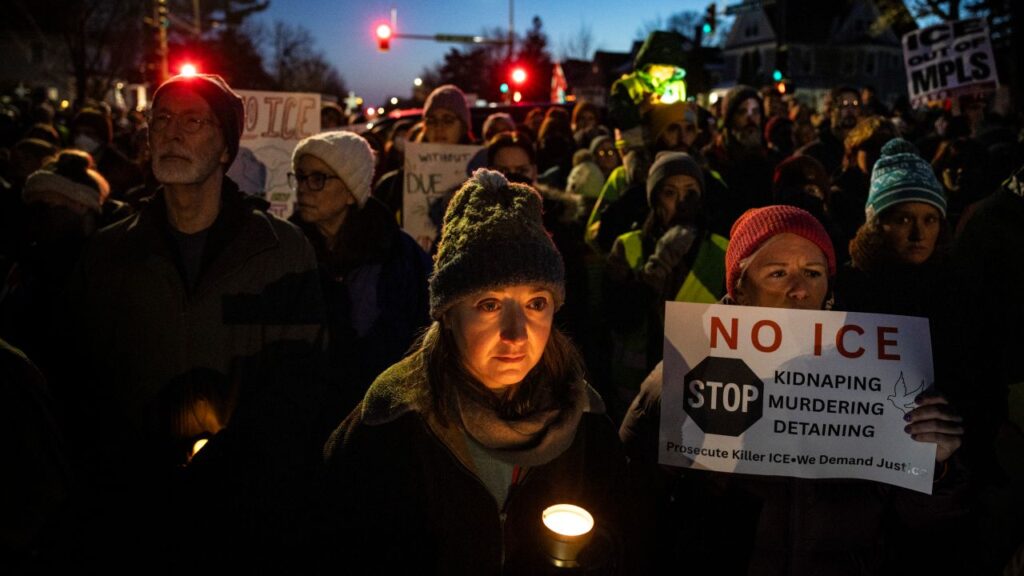
By Killing Renee Good, ICE Sent a Message to Us All






